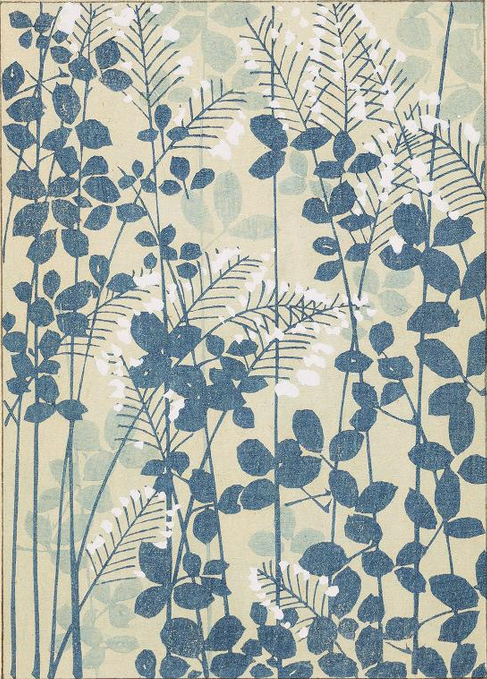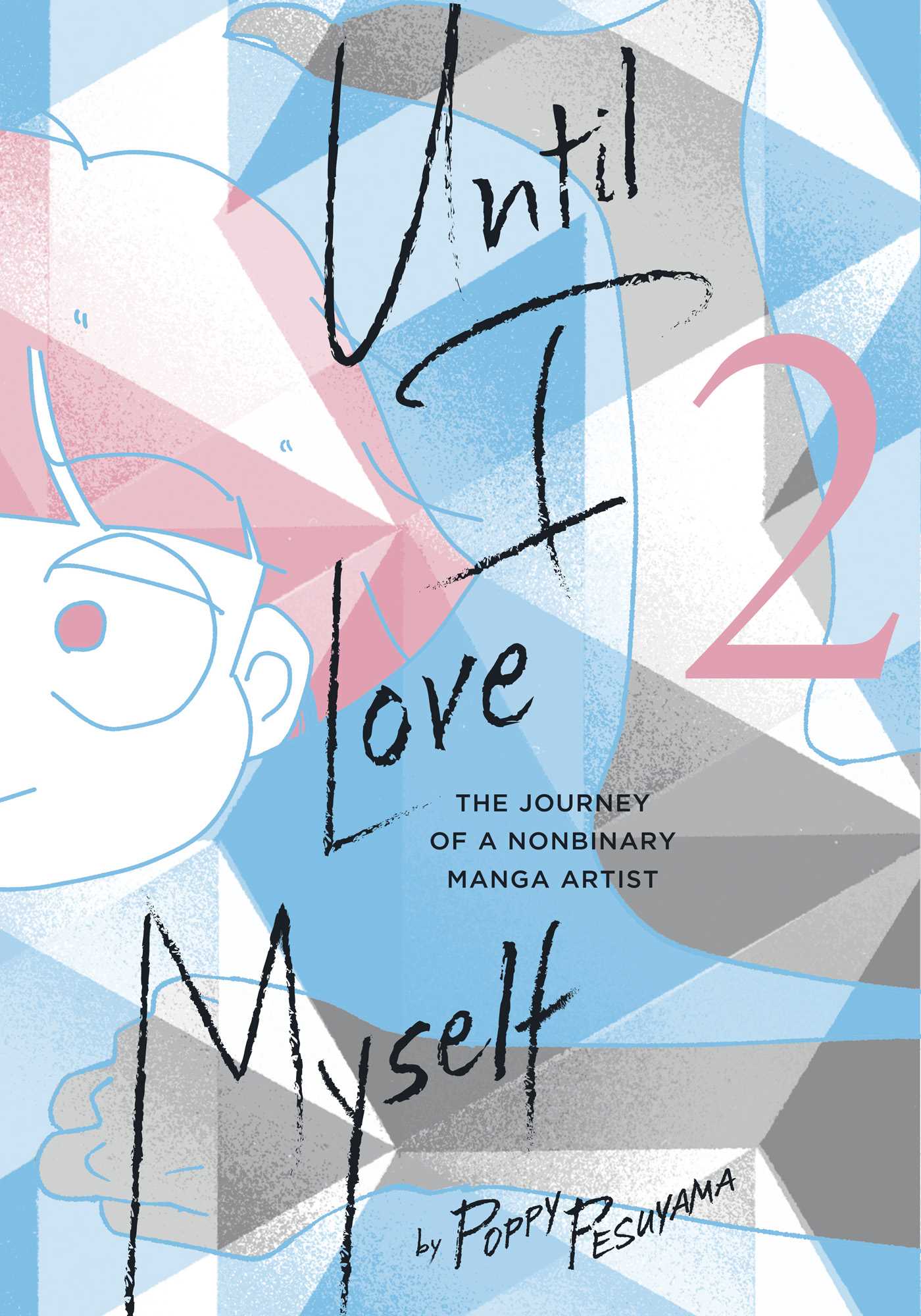I often read autobiographical comics. I truly do enjoy reading something put together by the author to speak on personal experiences (and that’s why I do autobio myself in my spare time).
I read the first one some time ago (at the beginning of the year?) and my hold just arrived in Libby yesterday night. I sat down this morning and devoured this. Pesuyama-sensei has a lot in common with me, and seeing someone else handle it, how they learned to cope, how they grew— it gets added to my personal compendium inside and I consult their experiences as I rationalize mine.
Until I Love Myselfis sometimes harrowing and sometimes not. While the first book recounted the anger and the trauma and the struggle, Pesuyama-sensei takes time in this second half of their essay to look back with a different lens. They rationalize what has happened to them by confronting their abuser and analyzing his words versus his actions. The click of him being not only human, but “ordinary evil“, seems to help Pesuyama-sensei begin to put the memories away. Combined with an explanation of and some examples of their EMDR treatment in therapy, it’s actually soothing to watch Pesuyama-sensei recover. They begin to address how they present themselves to the outside world, being complicit in a misogynistic society, and how they feel about drawing their manga.
Okay. Summary over.
For me, I do recommend this for my fellow queers as long as they are in a good place to read about someone else’s trauma. Watching Pesuyama-sensei recover seriously puts into perspective how deeply trauma can become rooted from what an abuser would think was “minor” (if anything at all). Having been there, and confronted several figures in my own past (though not as calmly as they did), I do truly relate. It feels unsatisfying, but necessary in some regard. Though now I simply leave those people in the past.
Dealing with gender, it’s interesting to see how often someone (or maybe just Japanese manga artists) will come to terms with being nonbinary in their thirties. Certainly they will have a notion, play with their identity, struggle between genders, but the label often pops out at them only now where they need to come to terms with themselves. Seeing queer education ripple out and give people comfort in their gender is truly gratifying to me! And many of us creative types can’t help but write about it and spread the idea further. Pesuyama-sensei’s coming home to their body is wonderful. They realize that they can make it how they want and they don’t have to be frightened of using the parts of them they locked up in fear of being seen as feminine.
Some days I feel the same. Like unseen eyes are judging my actions as too feminine to be trans. Like I should go out of my way to do more than change my label. But… why should we adhere to a gender norm when we don’t have one? I can do as I please with my body. And no one has the right to do things without my consent.
Recovery is a long path, so I wish Pesuyama-sensei shoes to travel it!


